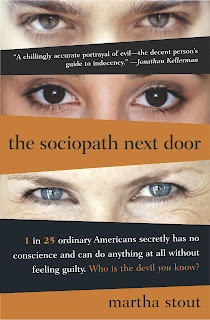A Practical Guide to Buddhist Meditation, by Paramanda

This is an excellent introduction to the art of Buddhist meditation-- Paramanda, a (British) Buddhist monk, clearly and lovingly explains the whys and hows of meditation, explaining how meditation is a process of changing your mind to promote an inner state of energized peace and compassion and love for yourself and others.
Reading this book feels like taking a leisurely nature walk with a friend who knows every type of tree, every bird, every wildflower. The author takes you by the hand and kindly points things out to you, gentle and patient and encouraging as he shares his life's wisdom.
It even motivated me to take up meditation, which I did faithfully for about six weeks, and then dropped, which is what I do with every spiritual practice.
It even motivated me to take up meditation, which I did faithfully for about six weeks, and then dropped, which is what I do with every spiritual practice.
However, it's a book I'll read again and again, just for the wisdom and insight. And I just might return to meditating sometime too.
1-2-3 Magic, by Thomas Phelan
I went on about this at length in a series of blog posts that begin here. This book continues to have a positive impact on my life with the kiddos. I wasn't as excited about the second half-- it was stuff I was already doing and/or familiar with-- but if your kids have some tough behavior problems you'd like to root out, I can't recommend the first half enough.
Life After Life, by Raymond Moody, Jr.
My co-worker friend Eric picked this book up at the Methodist Garage Sale for 50 cents and loaned it to me when he had finished reading it. "If you ever get real mad and want to kill me," he said, "Go ahead. I'm ready."
This is the modern "near-death experiences" classic, written in the '70s, if you couldn't tell from the awesome cover font. Raymond Moody, a philosopher and psychologist, interviewed one hundred and fifty people who had either come very near to dying or who had been declared clinically dead and been resuscitated. From these stories, he describes nine common elements that individuals independently described regarding their own near-death experiences. (My favorite element is the love-filled encounter with a being of light.)
After describing the elements, Moody reviews possible explanations for these experiences, arguing that, while he personally finds them persuasive, the experiences do not provide incontrovertible evidence for life after death.
The whole thing made me feel a whole lot better about dying. Sounds downright pleasant, in fact.
This is a fascinating read and I very much would like to read more about near-death experiences. I would be particularly interested in reading a cross-cultural study on this topic. Any recommendations?

























